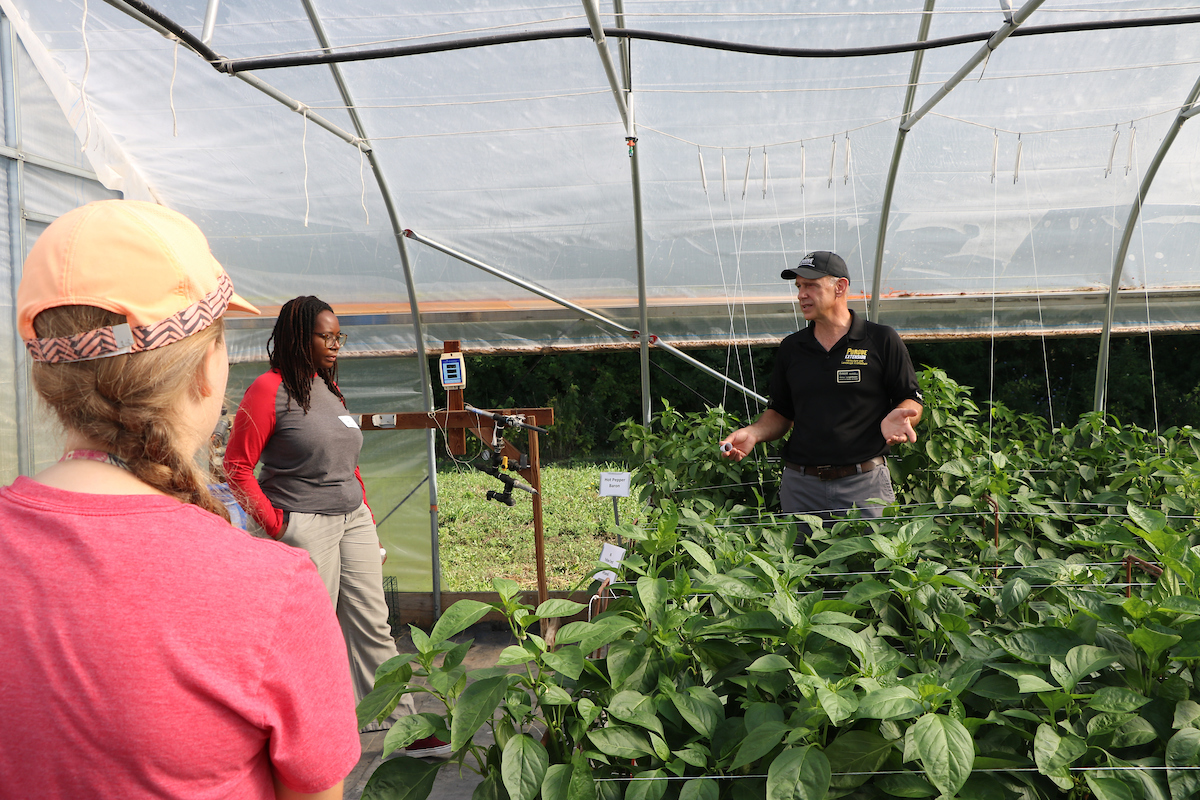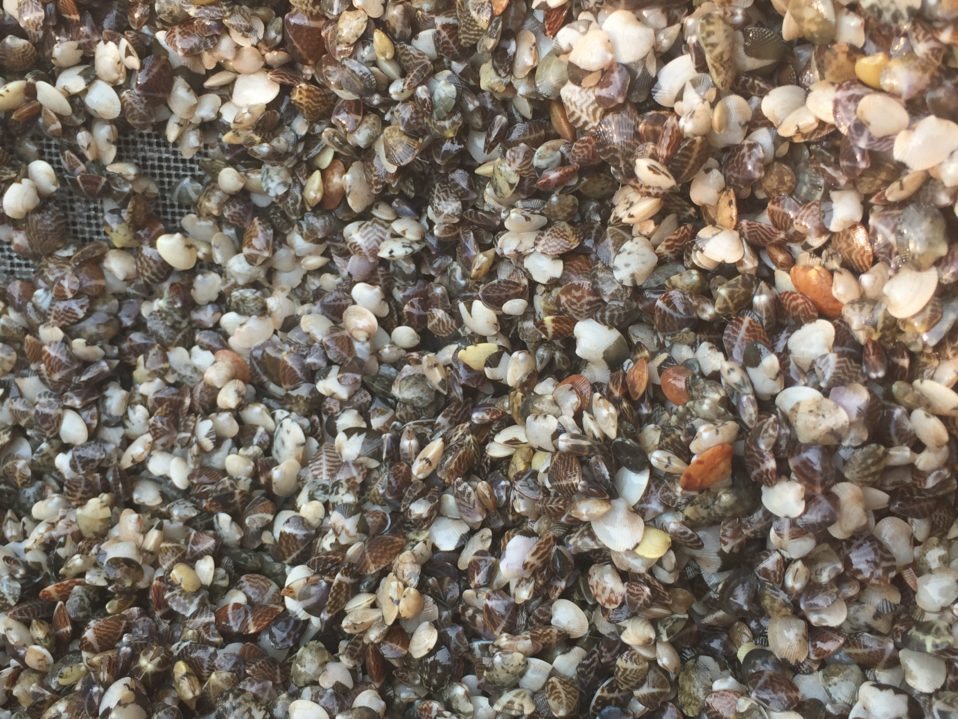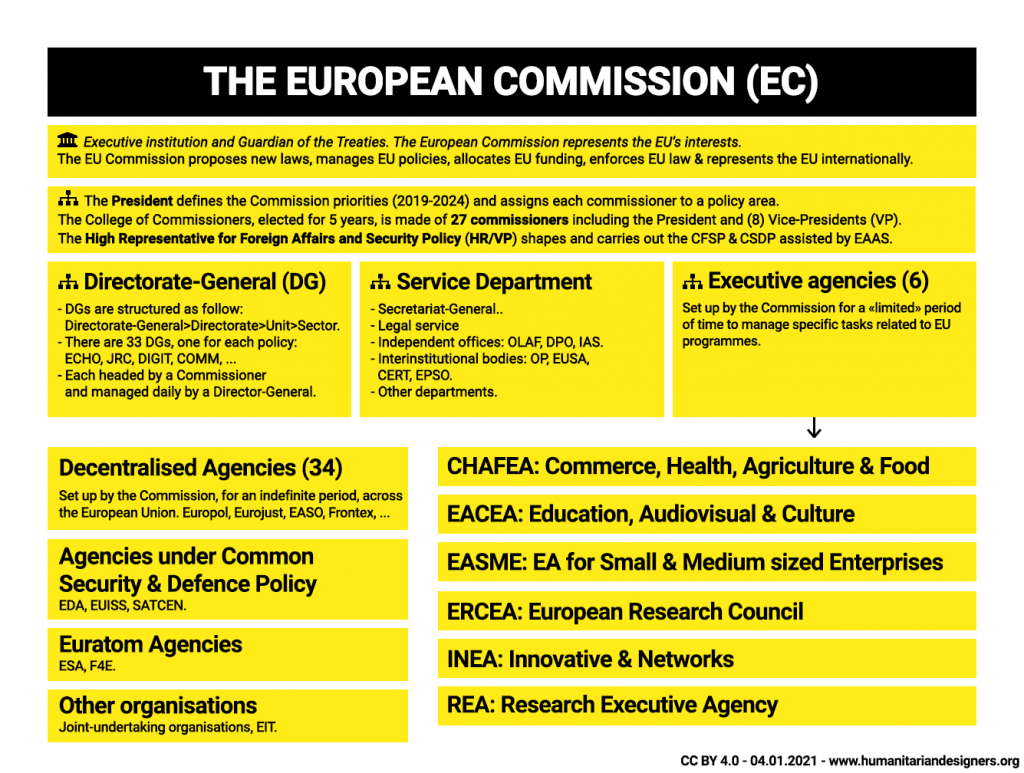
MIDORI INFINITY Initiative: Promoting Sustainable Agriculture Technologies Overseas
Introduction
In May, Japan’s Ministry of Agriculture, Forestry and Fisheries (MAFF) announced the launch of MIDORI INFINITY, a comprehensive package designed to support Japanese companies in exporting greenhouse gas (GHG) reduction technologies internationally. This initiative, officially named the Overseas Deployment Package of GHG Emission Reduction Technologies in the Agriculture, Forestry, and Fisheries Sector, aligns closely with the United Nations Sustainable Development Goals (SDGs), particularly SDG 13 (Climate Action), SDG 2 (Zero Hunger), and SDG 15 (Life on Land).
Objectives and Scope
The primary objective of MIDORI INFINITY is to assist Japanese agrifood technology companies in expanding their reach abroad to meet the increasing global demand for sustainable agricultural solutions. The technologies promoted under this initiative focus on:
- Reducing methane emissions from rice paddies and livestock (SDG 13)
- Enhancing carbon sequestration in agricultural soils (SDG 15)
- Mitigating CO₂ emissions caused by deforestation and forest degradation (SDG 15)
These efforts contribute to global food security (SDG 2) and environmental sustainability, while also supporting Japan’s own food security and rural revitalization.
Government Commitment and Strategic Importance
MAFF emphasized the importance of supporting private sector expansion overseas with technologies that not only reduce emissions but also improve food security worldwide. The initiative aims to:
- Promote global food security through sustainable agricultural practices (SDG 2)
- Enhance rural economies by increasing earning potential in agricultural, mountainous, and fishing communities (SDG 8: Decent Work and Economic Growth)
- Advance regional revitalization through investments in innovative technologies originating from Japan (SDG 9: Industry, Innovation, and Infrastructure)
Implementation and Collaboration
Midori Decarbonisation Overseas Expansion Consortium
To operationalize MIDORI INFINITY, MAFF has partnered with relevant ministries and agencies to establish the Midori Decarbonisation Overseas Expansion Consortium. As of June 10, the consortium is actively recruiting companies and organizations that share the vision of promoting Japanese green farming technologies globally.
Key Activities and Goals
- Facilitate international and domestic matchmaking between Japanese companies and global partners
- Host seminars and panel discussions to share information and best practices
- Support the launch of decarbonisation projects contributing to Japan’s climate commitments under the Joint Crediting Mechanism (JCM) (SDG 13)
- Encourage investment in sustainable agriculture and food sectors to expand climate-related business opportunities (SDG 8)
Alignment with Global Climate Initiatives
MIDORI INFINITY was launched in preparation for COP30, the major climate conference scheduled for November. Through participation in COP30 and related platforms, MAFF aims to:
- Promote the MIDORI INFINITY package both domestically and internationally
- Advance the formation of concrete decarbonization projects via the consortium
- Attract increased decarbonisation investments into agriculture and food sectors
- Expand the market for Japanese agricultural and food companies engaged in climate-related initiatives
Conclusion
The MIDORI INFINITY initiative represents a strategic effort by Japan to contribute to the achievement of multiple Sustainable Development Goals through the export of innovative GHG emission reduction technologies. By fostering international collaboration and investment, the program seeks to enhance global food security, promote sustainable land use, and support climate action, thereby reinforcing Japan’s leadership in green agricultural technology on the world stage.
1. Sustainable Development Goals (SDGs) Addressed in the Article
- SDG 2: Zero Hunger
- The article discusses improving food security globally and in Japan through advanced agricultural technologies.
- SDG 13: Climate Action
- The initiative focuses on reducing greenhouse gas (GHG) emissions in agriculture, forestry, and fisheries sectors.
- It promotes decarbonization projects and supports Japan’s climate goals.
- SDG 15: Life on Land
- The article mentions curbing CO₂ emissions from deforestation and forest degradation, which relates to sustainable management of forests.
- SDG 9: Industry, Innovation and Infrastructure
- Encouragement of agrifood tech companies to expand overseas and promote innovative GHG reduction technologies.
- SDG 8: Decent Work and Economic Growth
- Enhancing earning potential of rural areas and promoting regional revitalization through technology investments.
2. Specific Targets Under Those SDGs Identified in the Article
- SDG 2: Zero Hunger
- Target 2.3: By 2030, double the agricultural productivity and incomes of small-scale food producers, including through secure and equal access to technology.
- Target 2.4: Ensure sustainable food production systems and implement resilient agricultural practices.
- SDG 13: Climate Action
- Target 13.2: Integrate climate change measures into national policies, strategies, and planning.
- Target 13.3: Improve education, awareness-raising, and human and institutional capacity on climate change mitigation.
- SDG 15: Life on Land
- Target 15.2: Promote the implementation of sustainable management of all types of forests and halt deforestation.
- SDG 9: Industry, Innovation and Infrastructure
- Target 9.5: Enhance scientific research, upgrade technological capabilities of industrial sectors.
- SDG 8: Decent Work and Economic Growth
- Target 8.3: Promote development-oriented policies that support productive activities and decent job creation.
3. Indicators Mentioned or Implied to Measure Progress Towards the Identified Targets
- Greenhouse Gas Emission Reduction
- Indicators related to GHG emissions reduction in agriculture, forestry, and fisheries sectors (e.g., amount of methane and CO₂ emissions reduced).
- Use of the Joint Crediting Mechanism (JCM) to count decarbonisation projects towards climate goals implies measurement of emission reductions.
- Food Security Improvement
- Indicators measuring food security status globally and in Japan, such as prevalence of undernourishment or agricultural productivity improvements.
- Technology Deployment and Innovation
- Number of Japanese agrifood tech companies expanding overseas and adopting GHG reduction technologies.
- Investment levels in rural areas and technology sectors.
- Forest Conservation
- Indicators tracking deforestation rates and forest degradation.
4. Table: SDGs, Targets and Indicators
| SDGs | Targets | Indicators |
|---|---|---|
| SDG 2: Zero Hunger |
|
|
| SDG 13: Climate Action |
|
|
| SDG 15: Life on Land |
|
|
| SDG 9: Industry, Innovation and Infrastructure |
|
|
| SDG 8: Decent Work and Economic Growth |
|
|
Source: agtechnavigator.com







